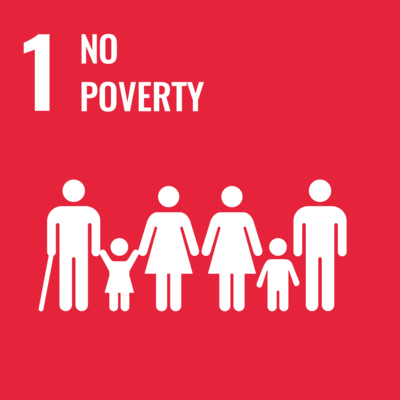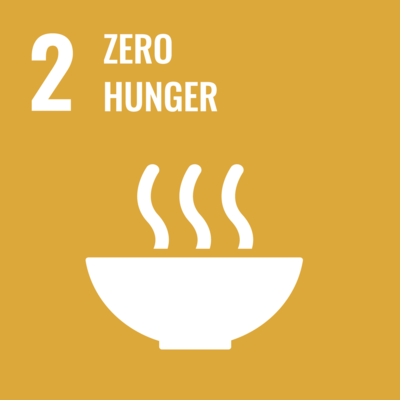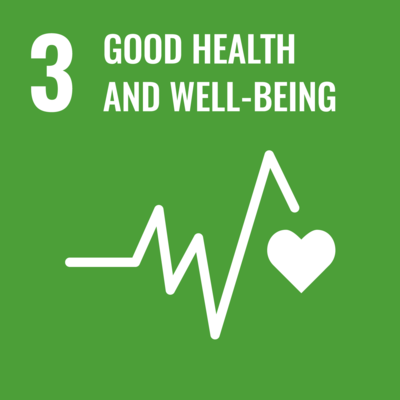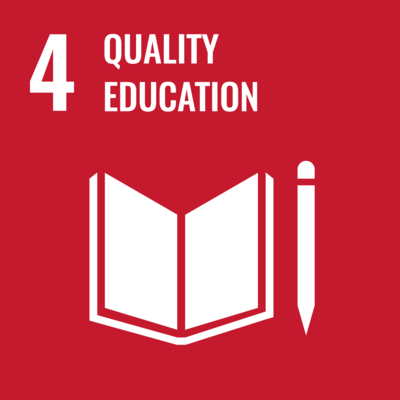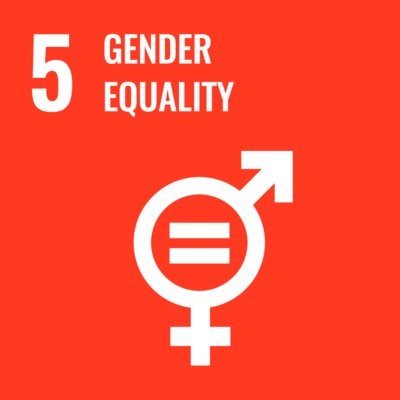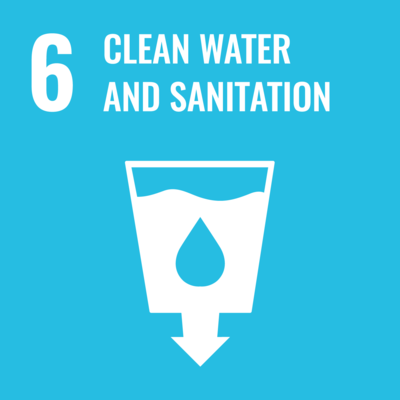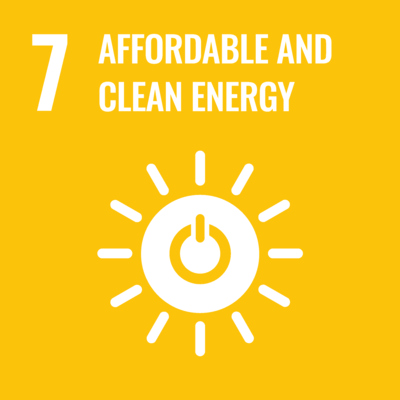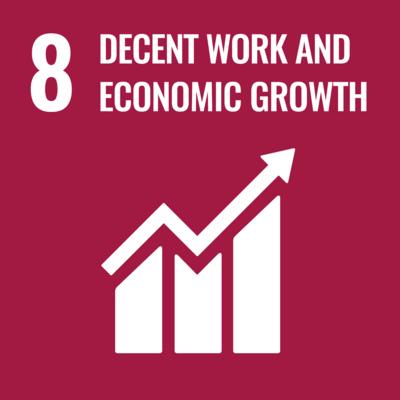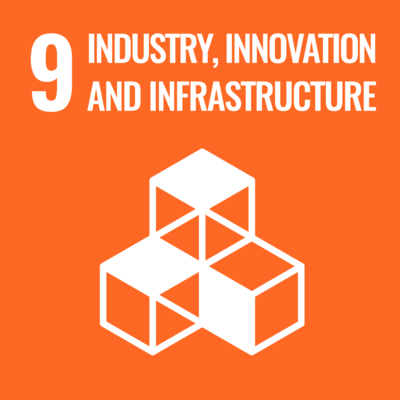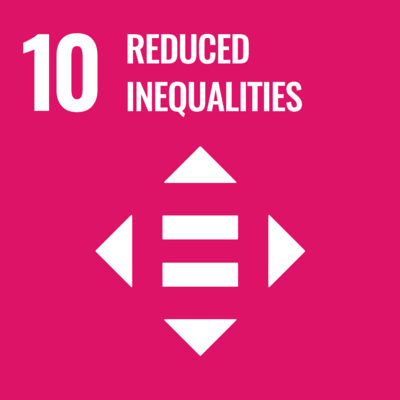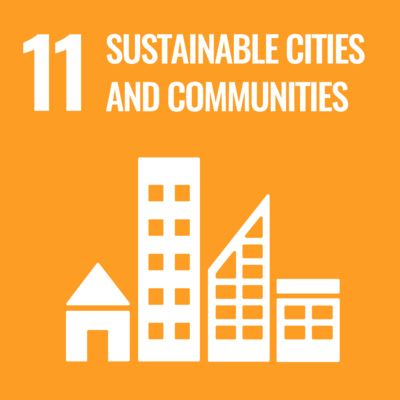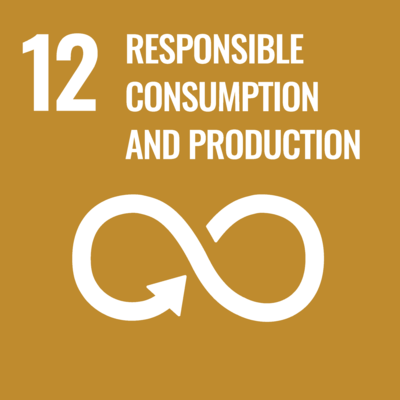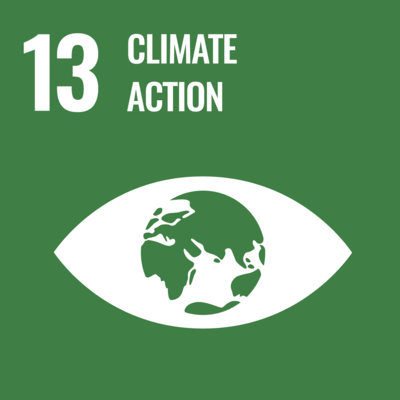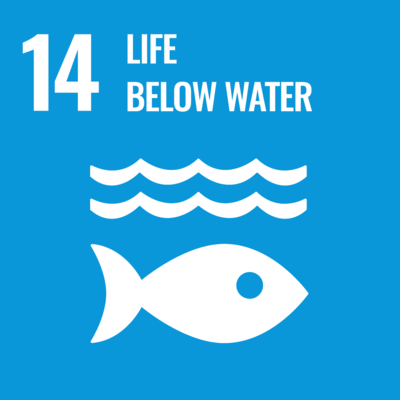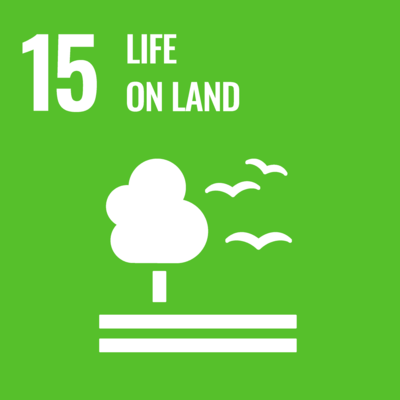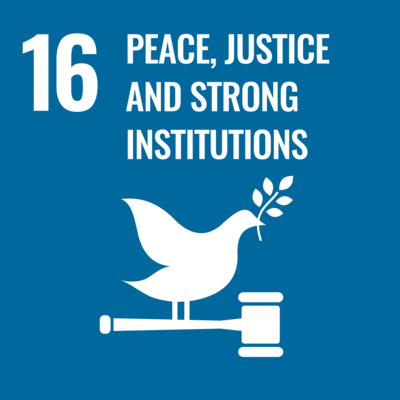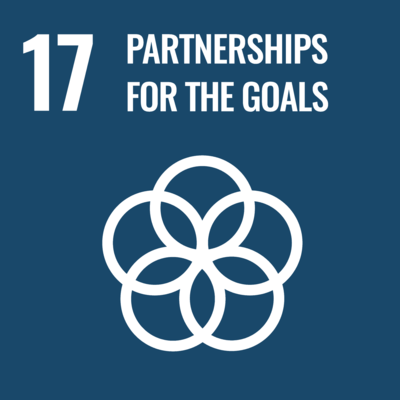SDG 2.5.1 Access to food security knowledge
Based on the Phase III University Social Responsibility (USR) Implementation, "Beautiful and Treasured Clams in Fangyuan and Dacheng", and the 2024 Industry-Academia Cooperation Project, "Marine Conservation Local Guardianship Project, the Survey and Conservation Education for Venus Clam Habitats along Changhua Coast," specifically focusing on "Venus Clam Habitat Survey" and "Survey Volunteer Training," NCUE integrates the expertise of the Department of Biology and the Environmental Education Center, aligning with the courses "Coastal Biological Resources" and "Sustainable Development and Practices of Coastal Biological Resources." NCUE continually delivers updated knowledge, skills, and technologies on food safety, sustainable agriculture, and aquaculture free of charge to local farmers, fishers, and food producers. Through water quality and sediment monitoring, eco-friendly aquaculture and disease detection techniques, sediment improvement trials, and fish-based diet education, NCUE empowers communities and industries to improve aquaculture quality, ensure food safety, and conserve ecosystems, fostering sustainable development of local industries and coastal environments.
1. Under the Phase III USR Project, "Beautiful and Treasured Clams in Fangyuan and Dacheng: Sustainable Industry and Environment Project of Changhua's Two Cities Amid Climate Change", NCUE's Department of Biology and Environmental Education Center extended collaborations with local fishing villages to promote aquaculture practices integrating environmental education and fish-based diet culture. Courses and activities included water quality monitoring, sediment monitoring and improvement, bivalve classification, and biodiversity surveys, equipping communities and students with the knowledge and skills for sustainable use of coastal resources and food safety.
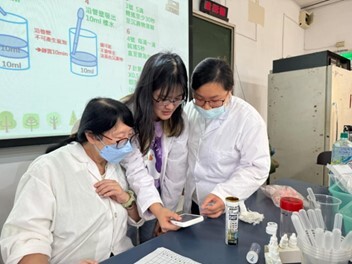
Figure 1. Conducted water quality and sediment analysis training on March 11, 2024, equipping participants with the skills to operate water quality and sediment monitoring instruments, record and interpret data, and apply the results to venus clam habitat monitoring and conservation education promotion.
2. NCUE offered the courses "Coastal Biological Resources" and "Sustainable Development and Practices of Coastal Biological Resources", incorporating eco-friendly aquaculture techniques for coastal fish, shrimp, shellfish, and algae, aquatic food safety management, low-carbon aquaculture strategies, and fish-based diet culture education into the curriculum. Field trips were arranged to Xinbao Wetlands, Wanggong Fishing Port, and aquaculture farms for hands-on practice. Students engaged in learning and exchange with local fishers and schools, enhancing food safety awareness and industry skills.
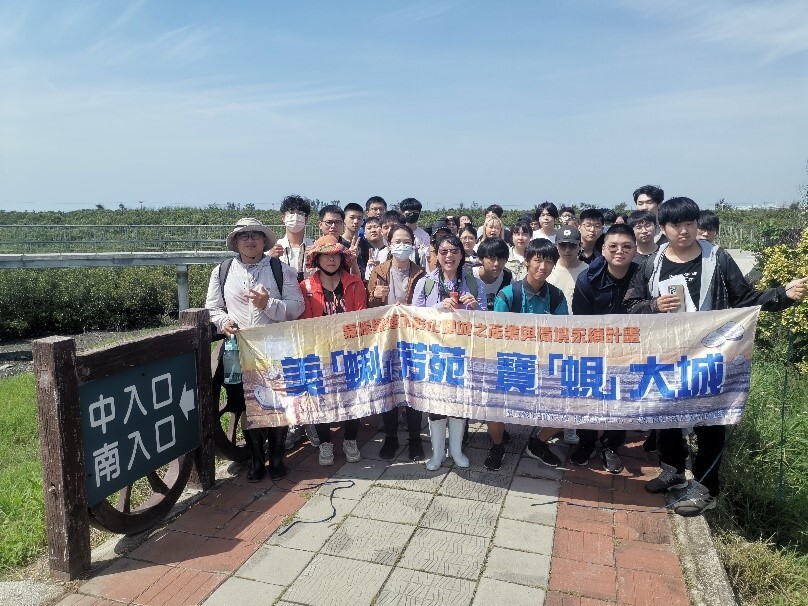
Figure 2. On 2024/05/06, Teachers led students to the Fangyuan Wetlands Trail for field survey and observation on marine blue carbon. Activity website: https://www.facebook.com/share/p/19kgFU1e31/
3. In cooperation with the 2024 Industry-Academia Collaboration Project " The Survey and Conservation Education for Venus Clam Habitats along Changhua Coast ", NCUE organized the "Venus Clam Habitat Survey, " "Volunteer Training for Survey, " "Seed Teacher Training, " and "Venus Clam Detective Team programs. " Participants included community volunteers, primary and secondary school teachers and students, and citizen scientists, with over 300 cumulative participants throughout the year. These activities incorporated eco-friendly aquaculture and conservation into experiential learning, raising community awareness on sustainable fisheries and food safety.
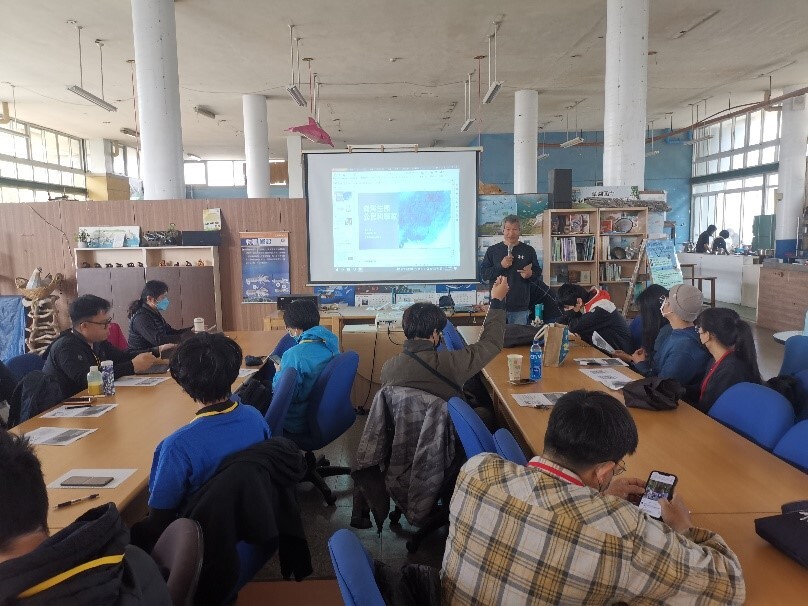
Figure 3. On 2024/06/20, as part of "The Survey and Conservation Education for Venus Clam Habitats along Changhua Coast," NCUE conducted the "Seed Teacher Training" activity to teach participants how to lead visitors or students in marine citizen scientist activities.

